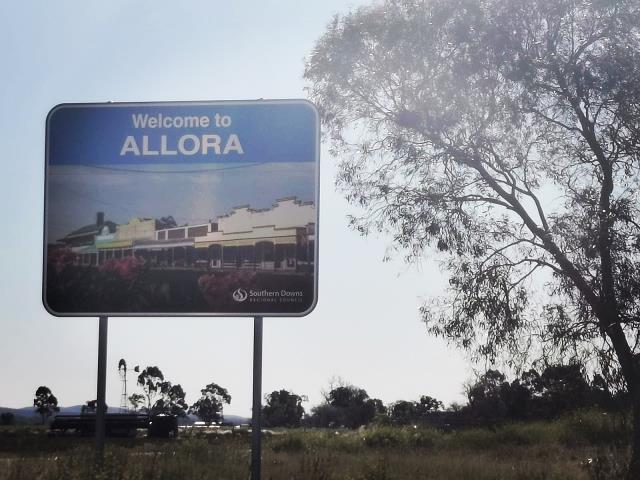Feedlot application approval contentious

Digital Edition
Subscribe
Get an all ACCESS PASS to the News and your Digital Edition with an online subscription
ARK’s pet of the week
LISA arrived to Ark and met the quiet boy, ARCHIE. Lisa being an extrovert helped Archie come out of his shell. They adore being...







